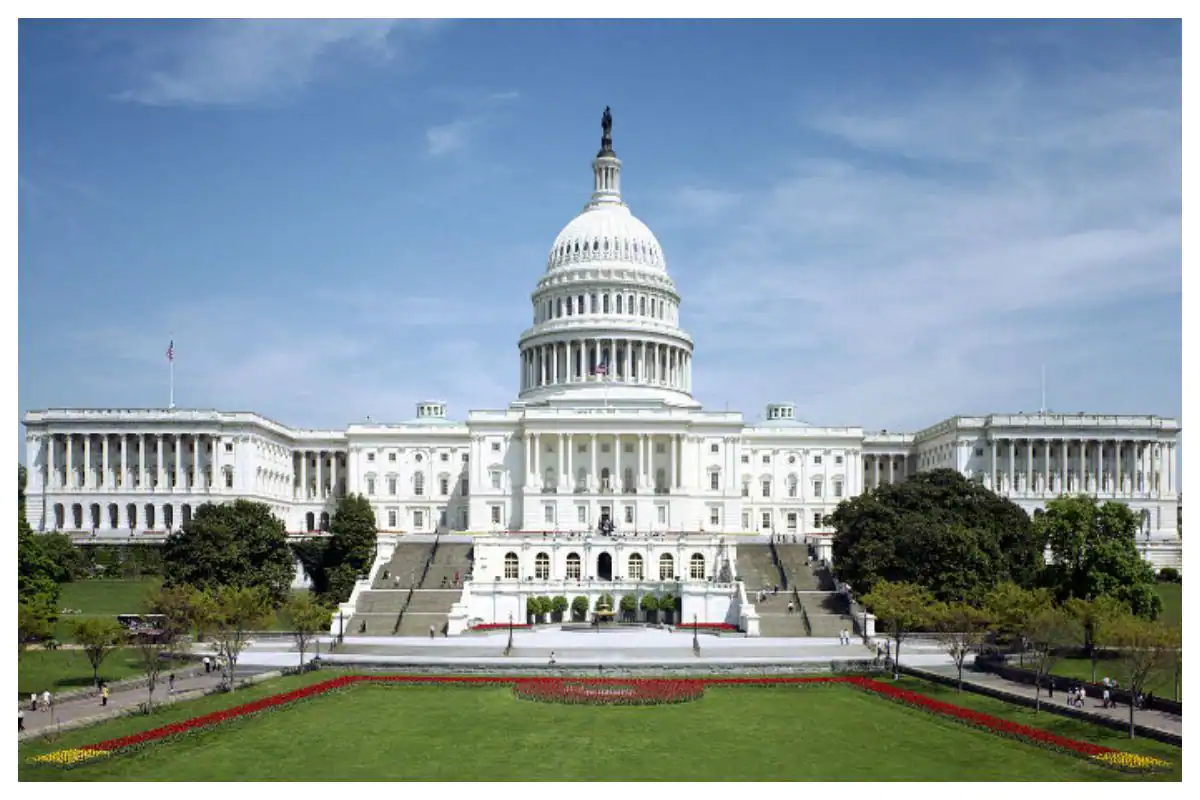
Washington, DC – Ethiopia, a nation of over 120 million people, has long relied on US aid, mainly through USAID. Data from the 2023 fiscal year shows Ethiopia received nearly $1.7 billion in aid—second only to Ukraine (Newsweek source). This assistance has been crucial in supporting health services, disaster relief, and anti-poverty initiatives, particularly in a region vulnerable to instability.
However, President Trump’s executive order, which includes significant funding reductions to USAID, will severely impact Ethiopia’s access to food aid and essential humanitarian programs. These cuts will not lift people out of poverty; instead, they risk turning Ethiopia and the broader Horn of Africa into a breeding ground for terrorist groups such as ISIS and Al-Shabaab.
Historically, US initiatives like President Bush’s PEPFAR program have profoundly impacted. Ethiopia has been one of its biggest beneficiaries, receiving $1.4 billion to fund anti-HIV/AIDS, tuberculosis, and malaria programs across its 140 hospitals. The 2002 pledge of $15 billion over five years for HIV/AIDS prevention and treatment set clear principles, emphasizing local leadership in implementation.
Meanwhile, Ethiopia’s internal crisis continues to escalate. The Ethiopian-American community is deeply distressed by the worsening human rights situation, including reports that the Ethiopian government is using drones to target innocent civilians. The country is plagued by corruption, economic mismanagement, and ethnic conflicts that threaten to push it further into famine and lawlessness. The severity of corruption even led the international community to suspend life-saving food assistance for months.
We remain committed to advocating for a congressional hearing on the crisis in Ethiopia, both in the US Senate and the House, as the situation continues to deteriorate daily.
A recently leaked document from the Oromo Prosperity Party’s meeting in Jimma Province suggests plans to marginalize and suppress the Amhara population. This alarming development calls for urgent action before it is too late.
According to Human Rights Watch, there are currently 2.9 million internally displaced people in Ethiopia due to conflict, and the UN Refugee Agency (UNHCR) reports that over 141,000 Ethiopian refugees and asylum seekers have fled to neighboring countries. Human Rights Watch has also documented increasing restrictions on journalists, civil society organizations, and outspoken public figures, further exacerbating the crisis.
We must remain vigilant and take meaningful steps to address these issues.
To address this crisis, we urge the US government to adopt a three-part strategy:
Promote an Immediate Cessation of Hostilities
The US must take a leading role in facilitating peace efforts and condemning the Ethiopian government’s war against the Amhara people. Diplomatic efforts should rally local, regional, and global actors to push for an end to hostilities and attacks on civilians. Lasting peace requires urgent and inclusive dialogue and reconciliation.
Impose Targeted Sanctions
The White House and State Department should strongly condemn the human rights abuses committed by the Abiy government. The US should impose targeted sanctions on government officials responsible for atrocities or for failing to protect innocent lives.
Support Constitutional Reform
Ethiopia’s 1994 constitution, specifically Article 39, grants ethnic groups the right to secede, fueling continuous conflict. This provision has exacerbated ethnic tensions and threatens the country’s stability. A new constitution is essential for long-term peace and governance.
The US has a critical role to play in ensuring Ethiopia does not spiral further into violence and humanitarian catastrophe. We urge immediate action to prevent further suffering and destabilization.
.
.
.
#Ethiopian #Washington #Update #February
Source link











